
Many of the items Penn students and faculty use on campus end up in the wrong place.
Though these items leave students' sight as soon as they are thrown into the trash, they end up either polluting the environment surrounding the local landfill or in piles that eventually become part of the everyday backdrop in developing nations.
Materials such as light bulbs, batteries, and electronics contain toxic metals that leach into the soil and ground water underneath a landfill. Prescription drugs that end up in the regular trash or flushed down a toilet contaminate drinking water supplies, according to the United States Food and Drug Administration. The improper disposal of these items leads companies to spend more time and money making new products, rather than reusing the original materials.
By disposing of hazardous waste properly, it's possible to avoid negative environmental, social, and political consequences. Here's what to know about recycling on Penn's campus:
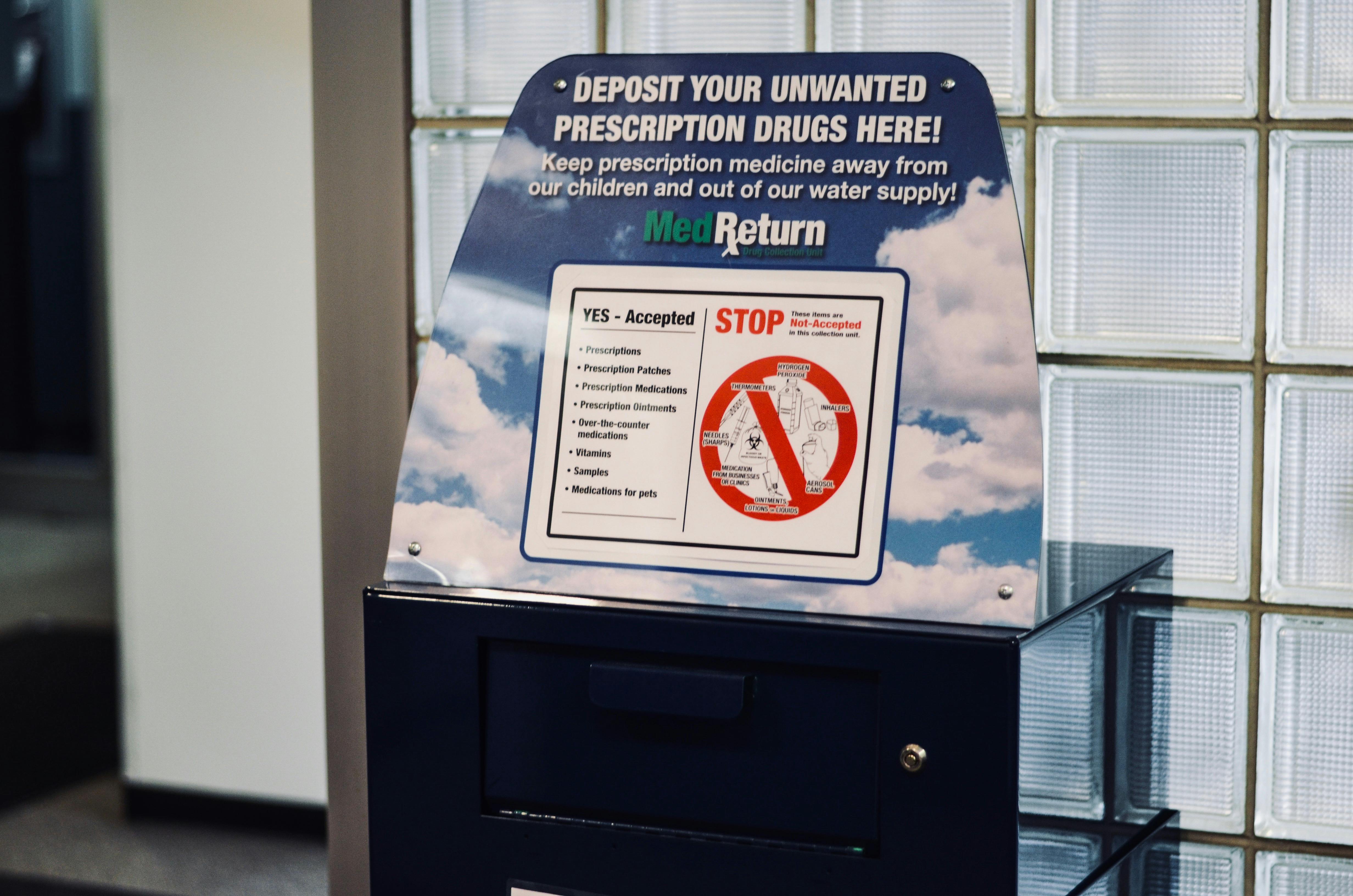
Prescription drugs can be disposed of in the Division of Public Safety's lobby.
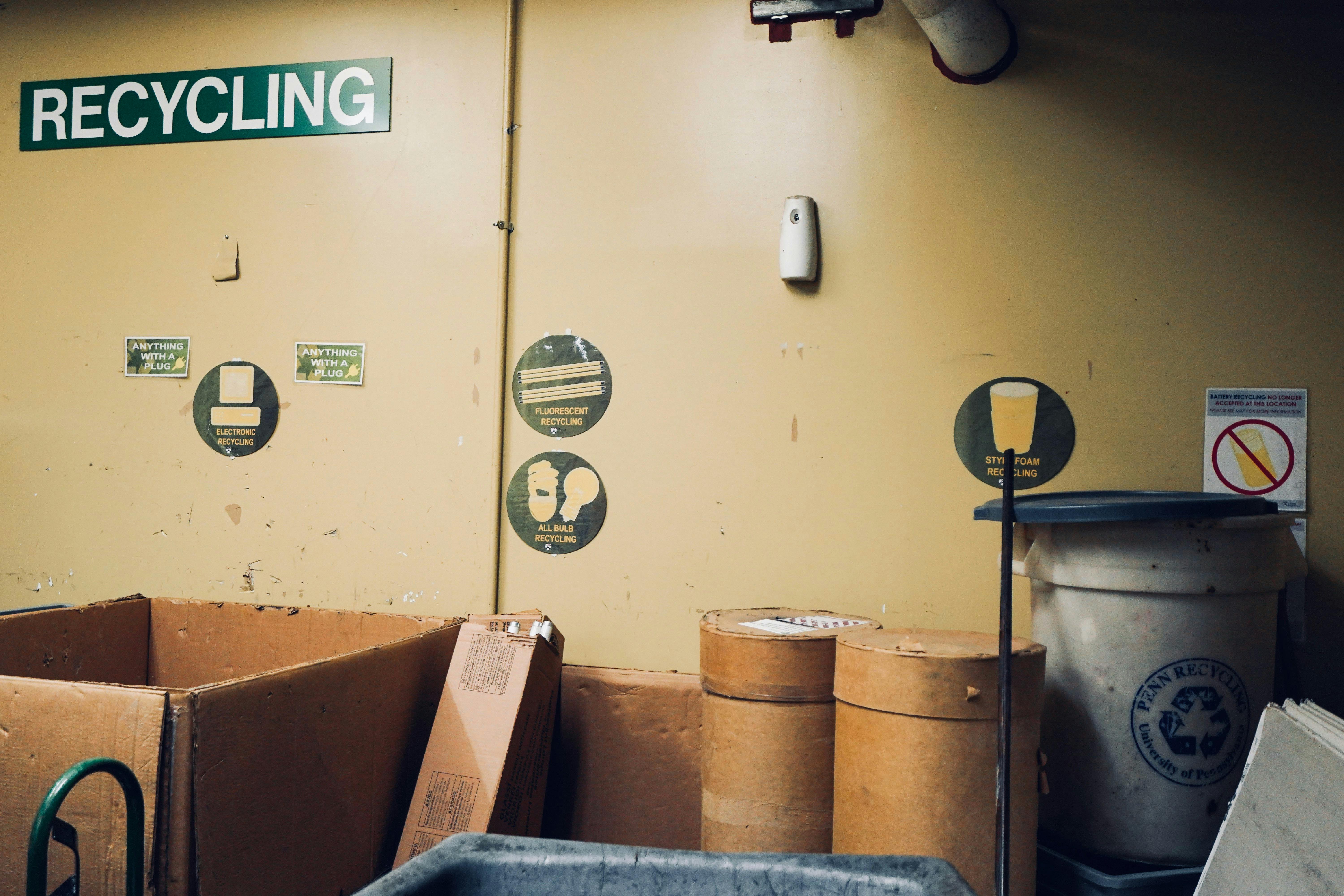
Clean styrofoam can be disposed of in the Levine Hall Recycling Room, along with batteries, books, electronic waste, light bulbs, and writing utensils.
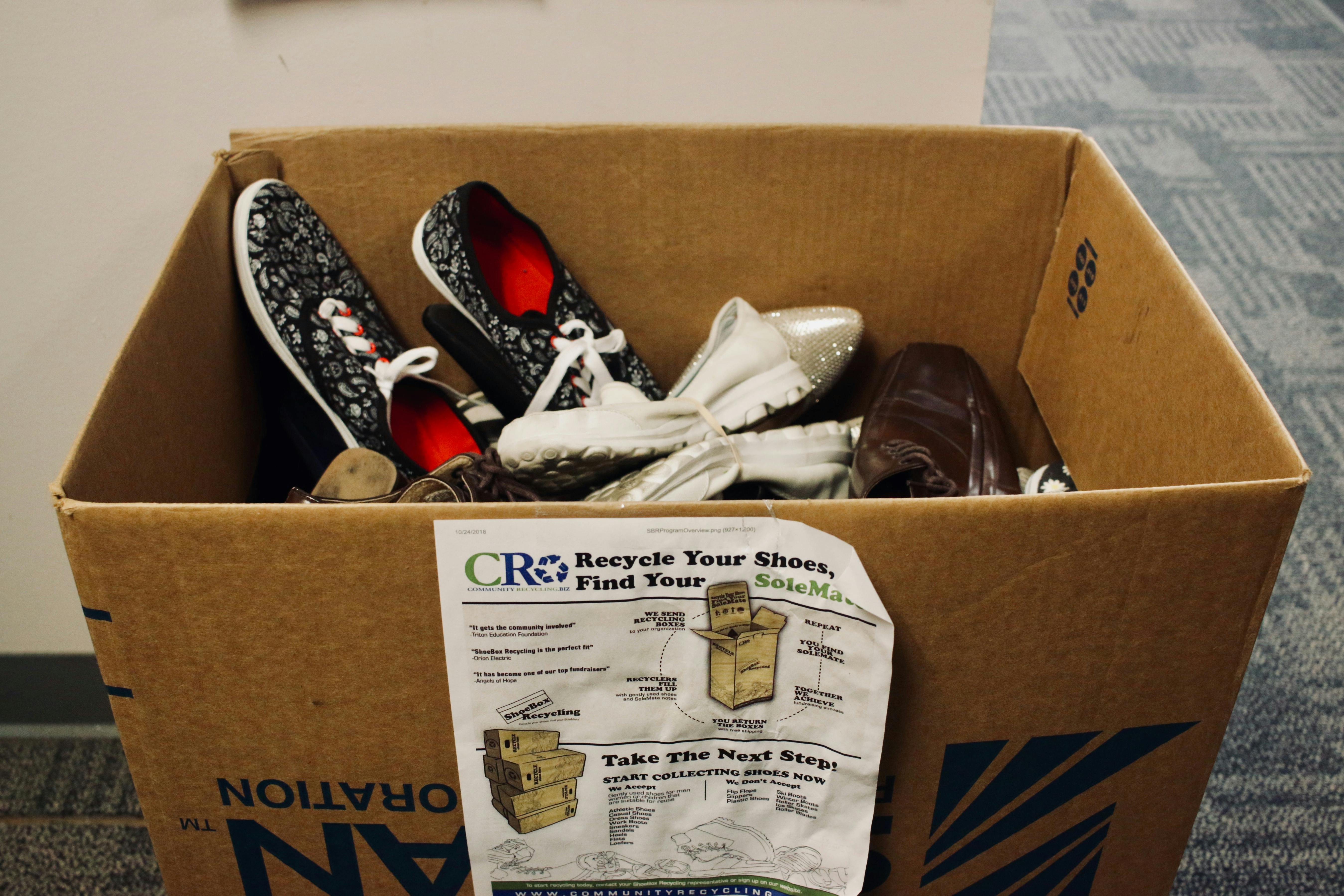
The rear kitchen of Facilities and Real Estate Services, suites 265B and 337A in the Information Systems & Computing building, and the main entrance of Fagin Hall all have a disposal station for used shoes.
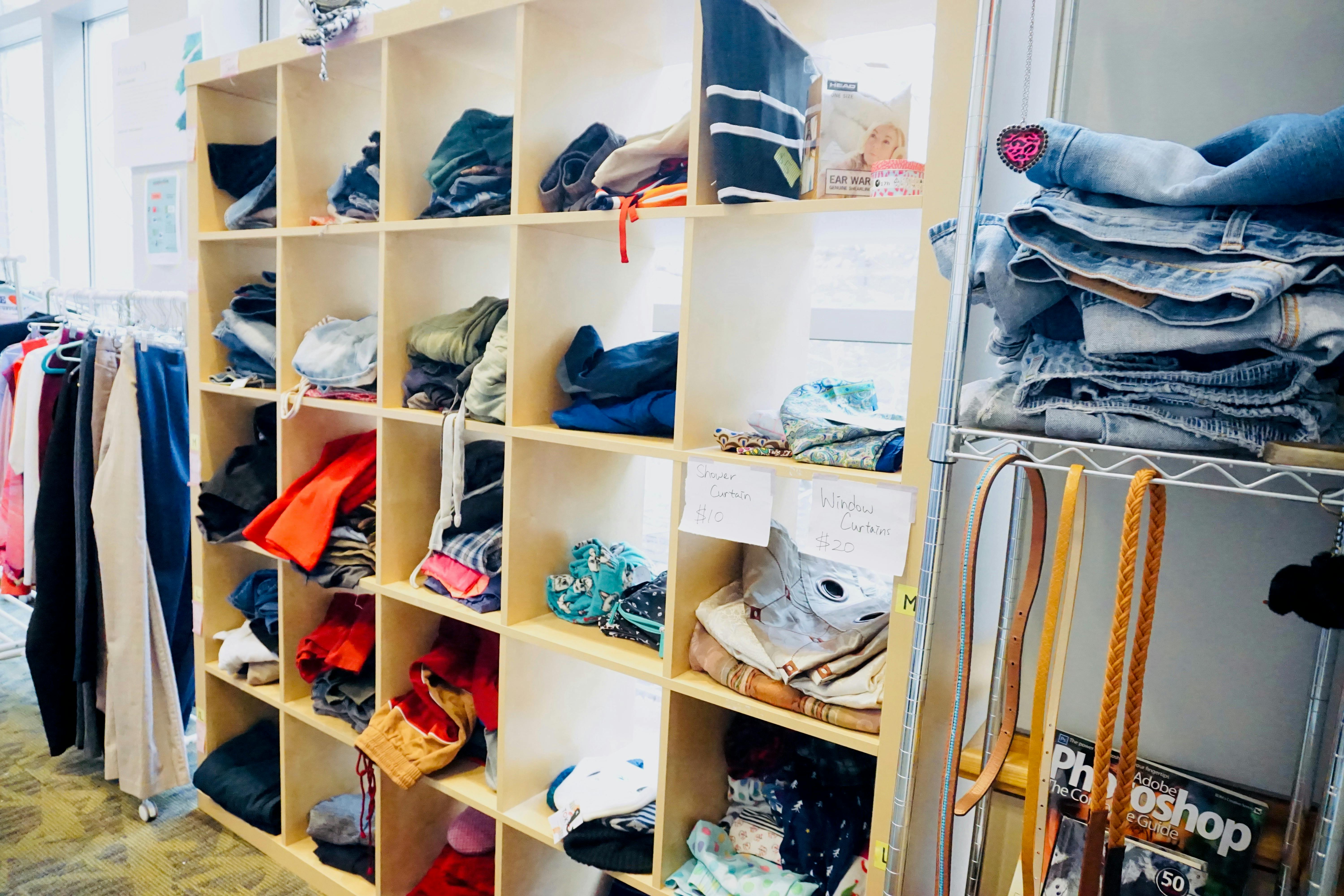
Penn Closet next to Williams Cafe accepts gently used clothing, shoes, and accessories.
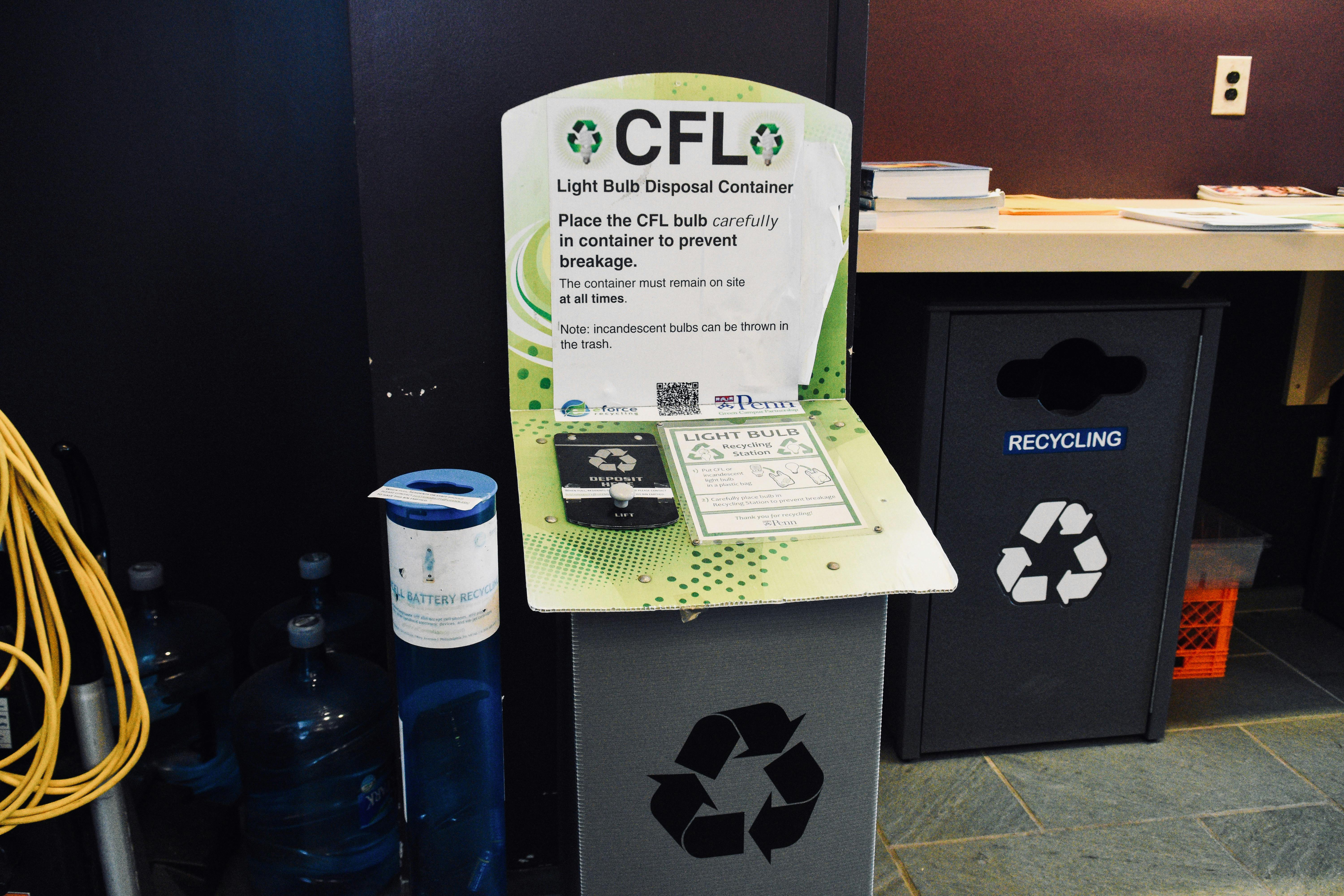
In the Harrison College House lobby, anyone can recycle batteries and light bulbs. Light bulbs can also be recycled in the lobbies of Du Bois, Gregory, Harnwell, Kings Court English, Rodin, and Stouffer College houses and the Quad; the rear kitchen of the FRES building, the Levine Hall Recycling Room, Room 102 in the Clinical Research Building, and the first floor of the School of Social Policy & Practice building.
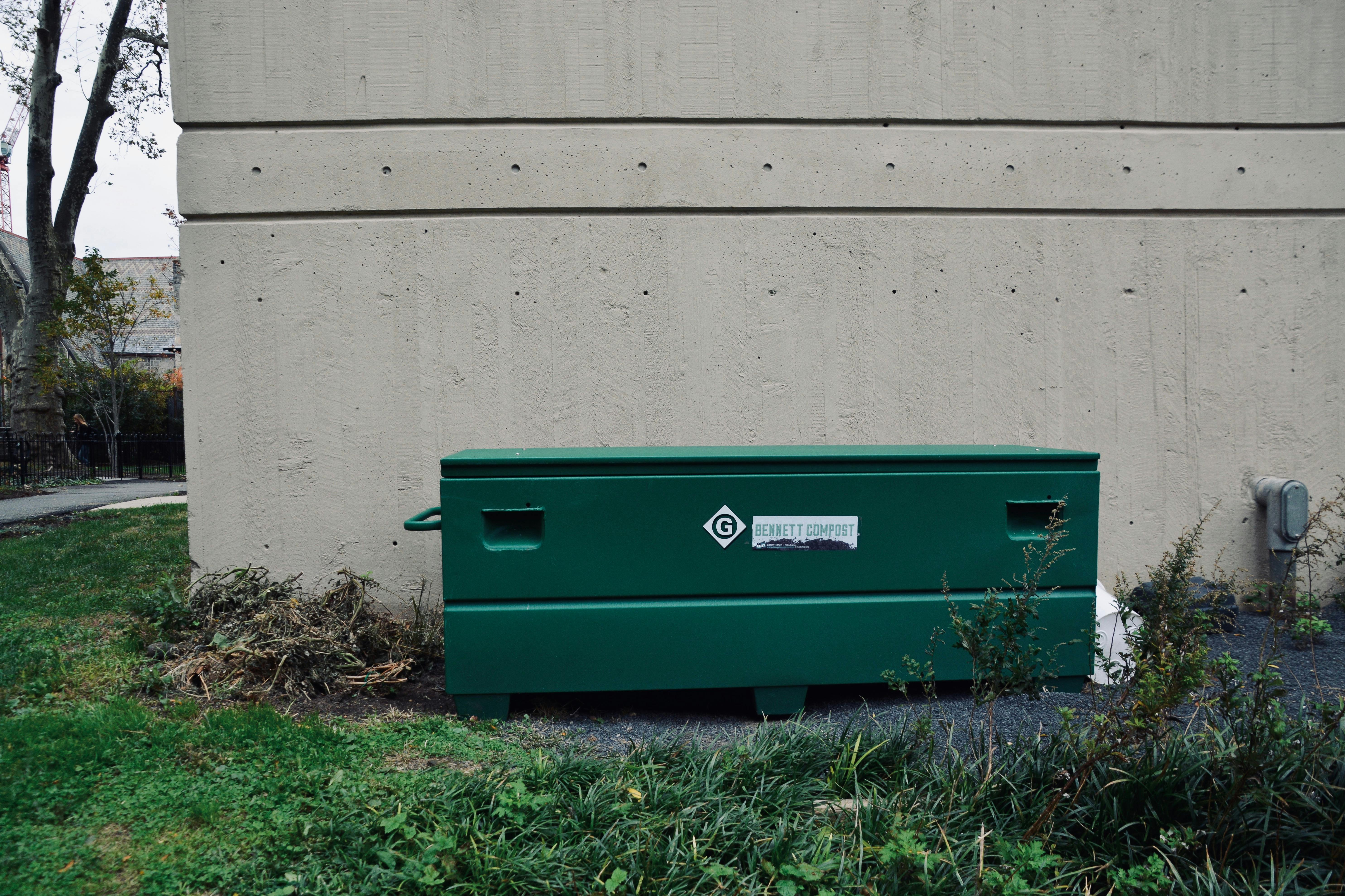
Egg shells, vegetables, fruits, coffee grounds, tea bags, house plants, shredded newspaper, cardboard, and more can be placed in the compost bin behind Harrison College House.
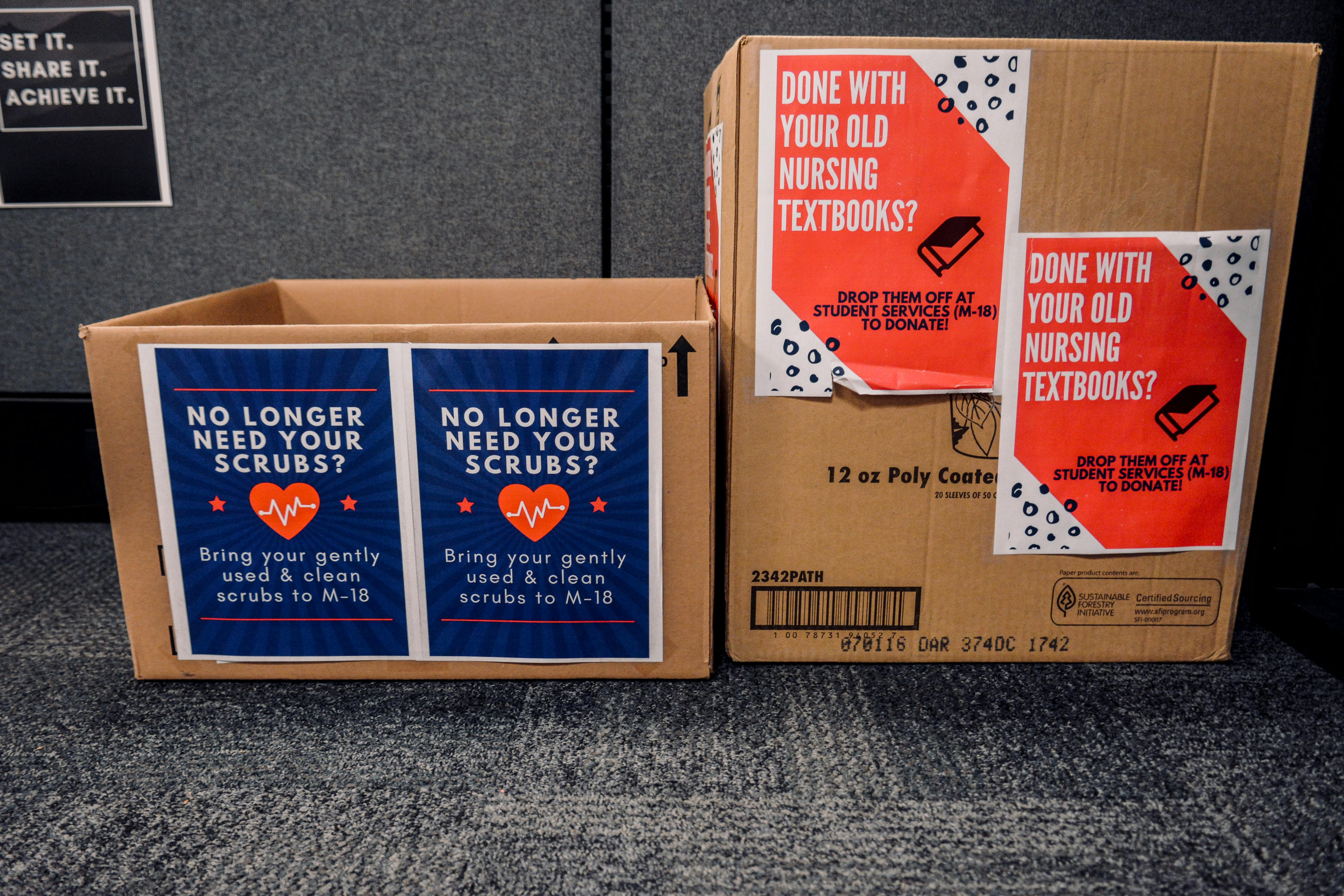
Gently used scrubs and textbooks have a disposal station in Suite M-18 in Fagin Hall. Textbooks can also be recycled in the Levine Hall Recycling Room.
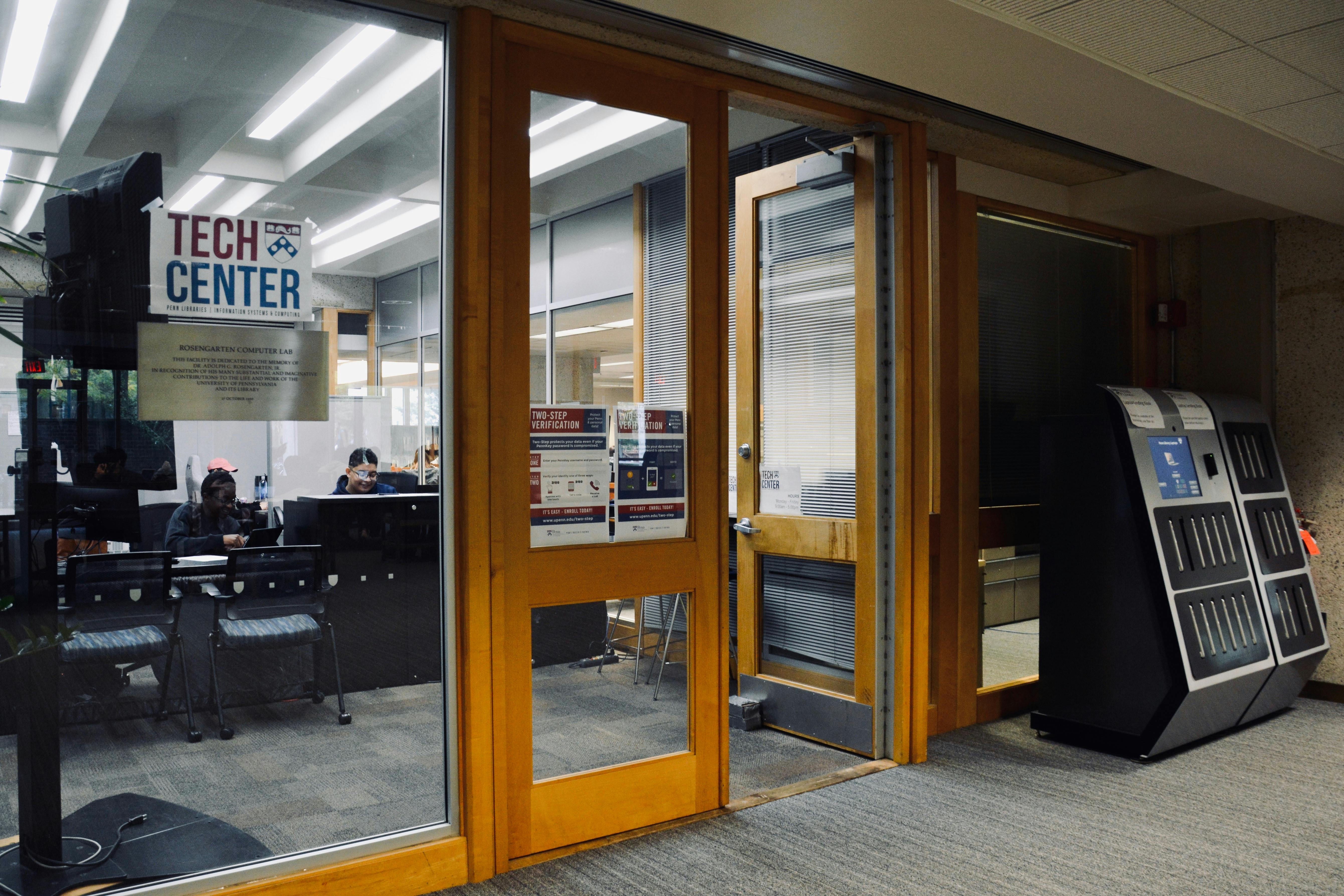
Electronic waste including old computers, phones, printers, tablets, batteries, and charging wires can be recycled for free at Van Pelt Library's Tech Center, located in the basement. Other stations are located in the rear kitchen of the FRES building, the Levine Hall Recycling Room, the main entrance of Fagin Hall, room B28 in the SP2 building, and Vance Hall.
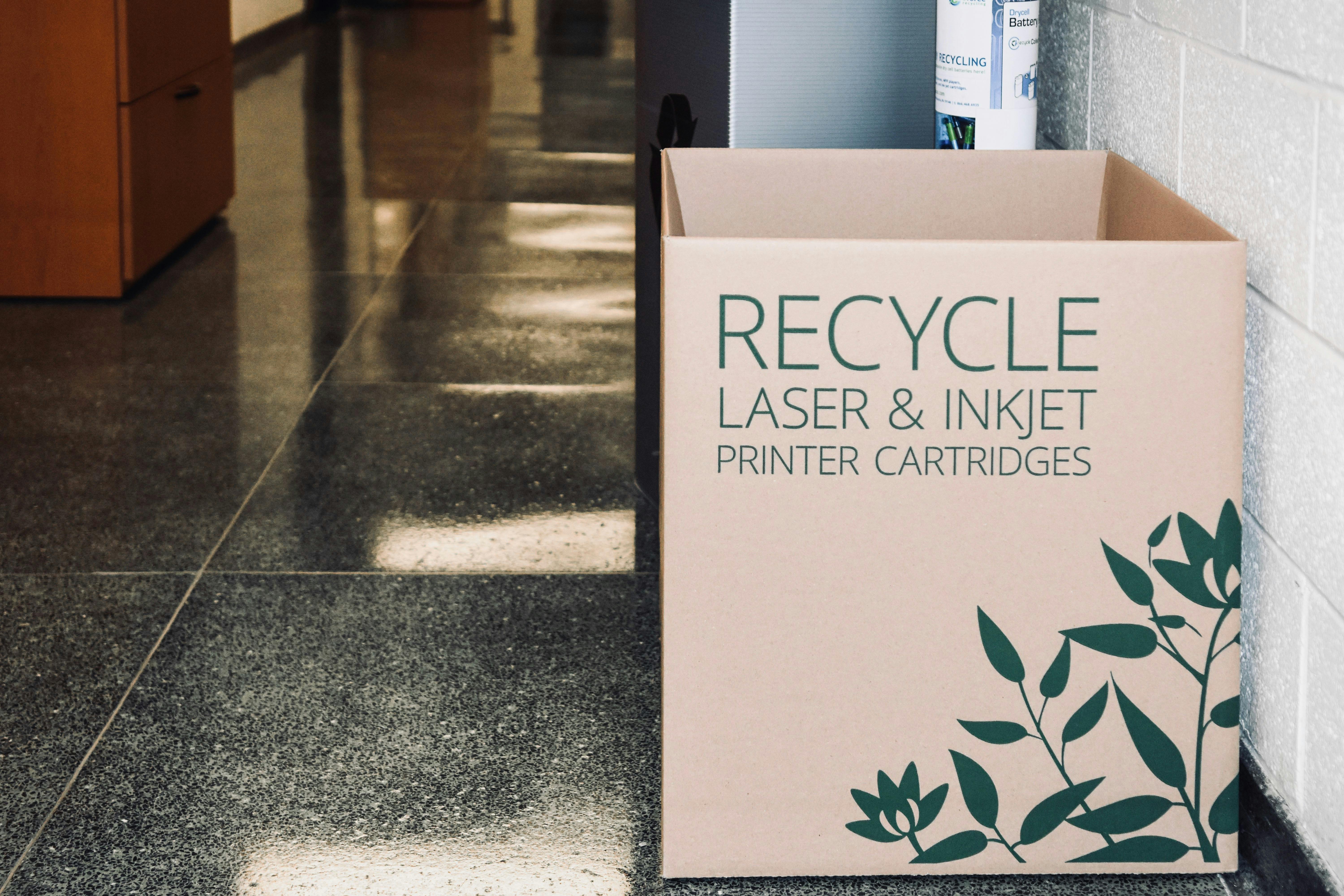
A bin for printer toner is in the first floor break room of the SP2 building.

Eyeglasses should be thrown away in either the rear kitchen of FRES, Levy Lobby, Staff Lounge of Tanenbaum Hall, Room 102 of the Clinical Research Building, or the main entrance of Fagin Hall.

There is another disposal area for light bulbs and batteries in the lobby of Rodin College House. Batteries can be disposed of in many other buildings on campus. When batteries are placed in any of these bins, tape should be placed on the positive and negative charges.

Goodwill has a drop-off station outside of Rodin College House where anyone can donate used clothes and shoes.
The Daily Pennsylvanian is an independent, student-run newspaper. Please consider making a donation to support the coverage that shapes the University. Your generosity ensures a future of strong journalism at Penn.
Donate





Most Read
Former Penn Medicine researcher Katrina Armstrong resigns from role as Columbia interim president
Penn releases regular decision results for Class of 2029 after receiving 72,000 applications
NIH terminates three Penn research grants, citing incompatibility with ‘agency priorities’
More Like This